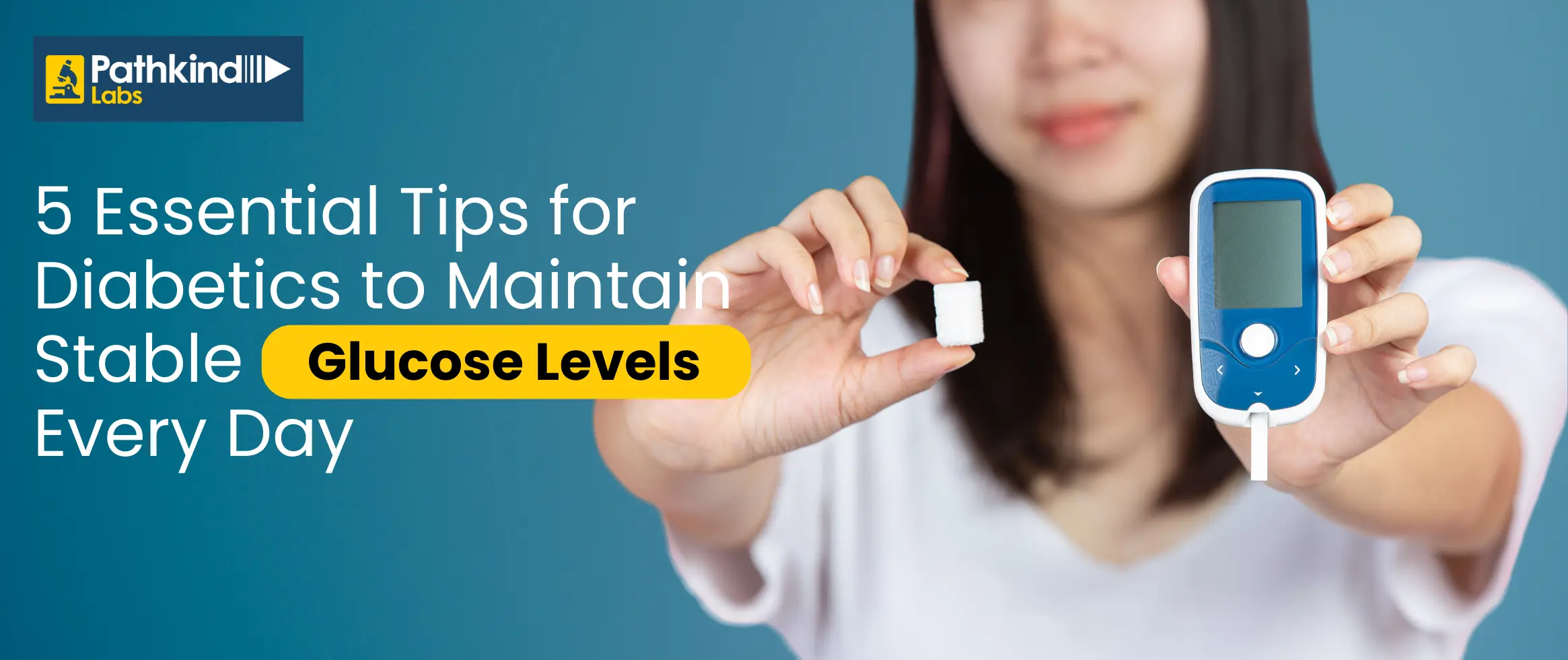A Glucose Challenge Test (GCT) is an important screening tool for diabetes, and it's becoming increasingly popular. The GCT is a test that measures your body's response to a sugar solution. It involves drinking 50 grams of glucose and then measuring your blood glucose levels after one hour. This test helps doctors determine if you have prediabetes, gestational diabetes, or full-blown type 2 diabetes. The GCT is an important tool for providing early detection of diabetes or prediabetes, which can help with effective preventive care for pregnant women, their babies, and overall health outcomes.
Glucose Challenge Test (GCT) Test Overview
A Glucose Challenge Test (GCT) is an important screening tool for diabetes, and it's becoming increasingly popular. The GCT is a test that measures your body's response to a sugar solution. It involves drinking 50 grams of glucose and then measuring your blood glucose levels after one hour. This test helps doctors determine if you have prediabetes, gestational diabetes, or full-blown type 2 diabetes. The GCT is an important tool for providing early detection of diabetes or prediabetes, which can help with effective preventive care for pregnant women, their babies, and overall health outcomes.
The Impact of Gestational Diabetes
Gestational diabetes occurs when a pregnant woman’s body does not produce enough insulin for her needs during pregnancy. The GCT helps diagnose this condition earlier in pregnancy because high blood sugar levels detected during the test indicate a higher risk of developing gestational diabetes later in pregnancy. Unfortunately, gestational diabetes can cause significant health risks for both mother and baby if left untreated during pregnancy. These potential risks include neonatal birth defects, preeclampsia, macrosomia in infants (causing difficulty delivering), increasing the risk of type 2 diabetes later in life for both mother and child, as well as increased chance of cesarean section deliveries due to large sizes of infants at birth.
Why is Glucose Challenge Test (GCT) Performed?
Getting tested for GCT can provide important information about your health and help diagnose diabetes and other health conditions. By comparing the results from your GCT to those from an oral glucose tolerance test (OGTT), doctors can accurately diagnose diabetes or pre-diabetes in someone who has not yet been diagnosed. Additionally, if you are found to have impaired glucose tolerance (IGT), getting tested can help identify other potential health problems such as high blood pressure or high cholesterol.
Who Should Get Tested for Glucose Challenge Test (GCT)?
Although anyone can benefit from taking a GCT, certain groups should consider getting tested more frequently or earlier on in life than others. These include:
•Women planning on becoming pregnant;
•People with a family history of diabetes;
•People over 45 years old;
•Those who are overweight; and
•Individuals with high blood pressure or high cholesterol levels.
It is important to note that even if you’re not in one of these groups, it’s still beneficial to get screened periodically – especially if you’re showing signs of any potential health concerns related to diabetes or pre-diabetes.
How to Prepare for Glucose Challenge Test (GCT) and what to expect during the Test?
While there's no special preparation required beyond what your doctor or midwife advises, there are a few things you should do ahead of time to make sure you're as prepared as possible. First, it's important to eat a meal or snack before the test that contains carbohydrates and protein. This will help ensure that your body has enough fuel to respond appropriately during the test. It's also important to drink plenty of water both before and after the test is completed. Finally, it's best to wear comfortable clothing and shoes on the day of the test so that you can move around comfortably when necessary.
Once you arrive for your appointment, you'll be asked to empty your bladder and then consume an oral glucose solution (OGTT). After this is done, a medical professional will draw some blood from your arm to measure your baseline glucose levels. Then, over two hours, additional samples will be taken from your finger to monitor any changes in glucose levels over time. During this period, it's important to keep still and avoid eating or drinking anything other than water until after the test is complete. In addition, if you plan on breastfeeding during this period, it's best to pump beforehand so that you don't have any uncomfortable feelings while taking the test.
After the Test:
Following completion of the GCT appointment, it's important for women who have been diagnosed with GDM or prediabetes (high risk for developing GDM) to closely monitor their diet by limiting foods with added sugars or refined carbohydrates like white pieces of bread and kinds of pasta as well as monitoring their carbohydrate intake throughout meals throughout pregnancy to maintain healthy sugar levels and prevent further complications during their pregnancy journey! Additionally, it’s important for women who have been diagnosed with GDM or prediabetes (high risk for developing GDM) to check their glucose levels at home regularly using a glucometer device!
Understanding Your Glucose Challenge Test Results
So now that you know what your numbers mean, what do you do with them? First off, don't panic! High numbers don't necessarily indicate that you have diabetes or any other metabolic condition - but they could be an early warning sign that something's not quite right with your body's glucose-processing capabilities. In cases like this, doctors may recommend further tests or lifestyle changes such as dieting and exercise to bring levels back into normal ranges. Additionally, depending on the severity of one's condition, medications may also be prescribed to better manage glucose levels over time.




 NABL approved
NABL approved  Most Trusted by
Most Trusted by  Accuracy &
Accuracy &  Widest Range
Widest Range 















